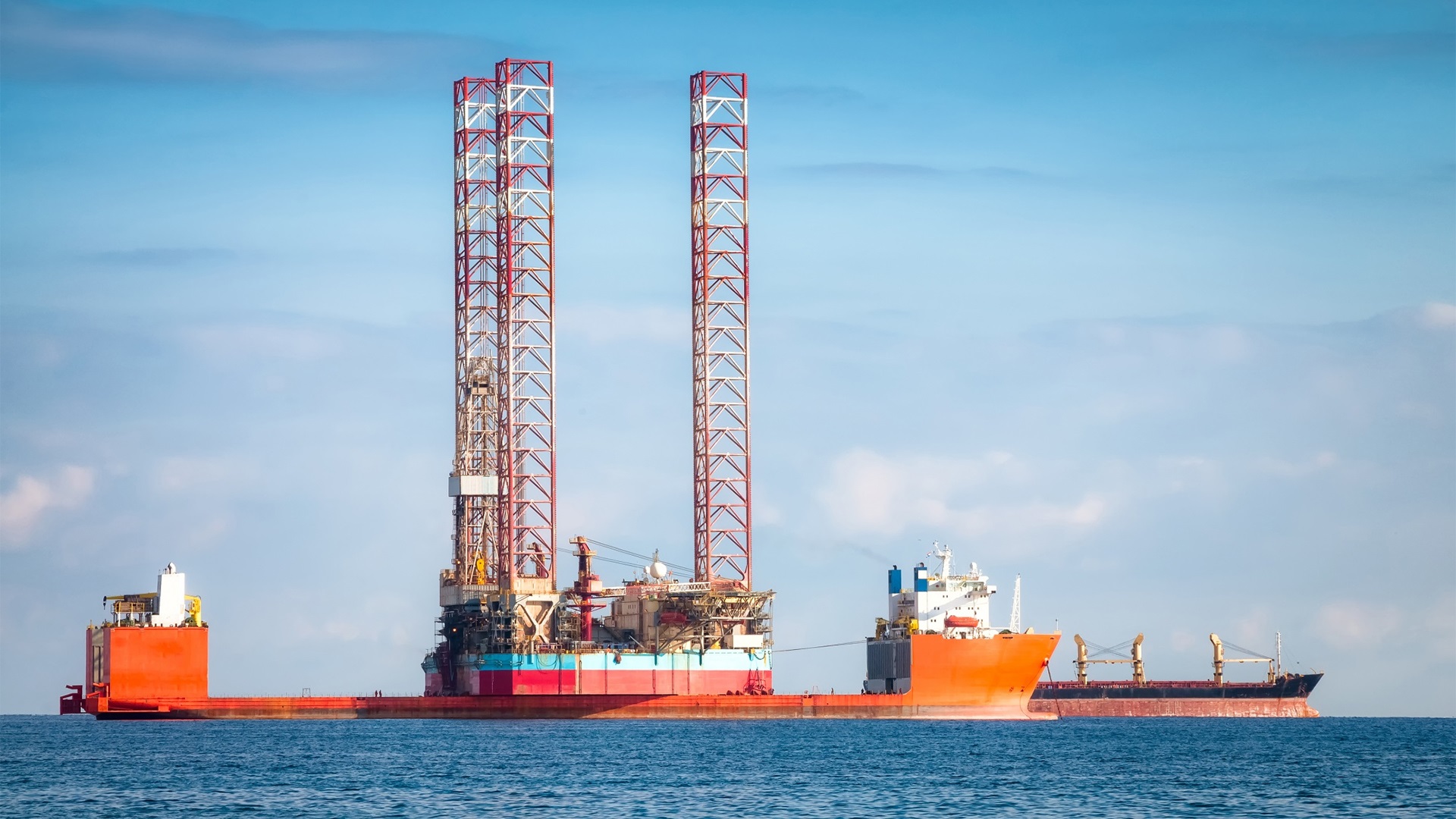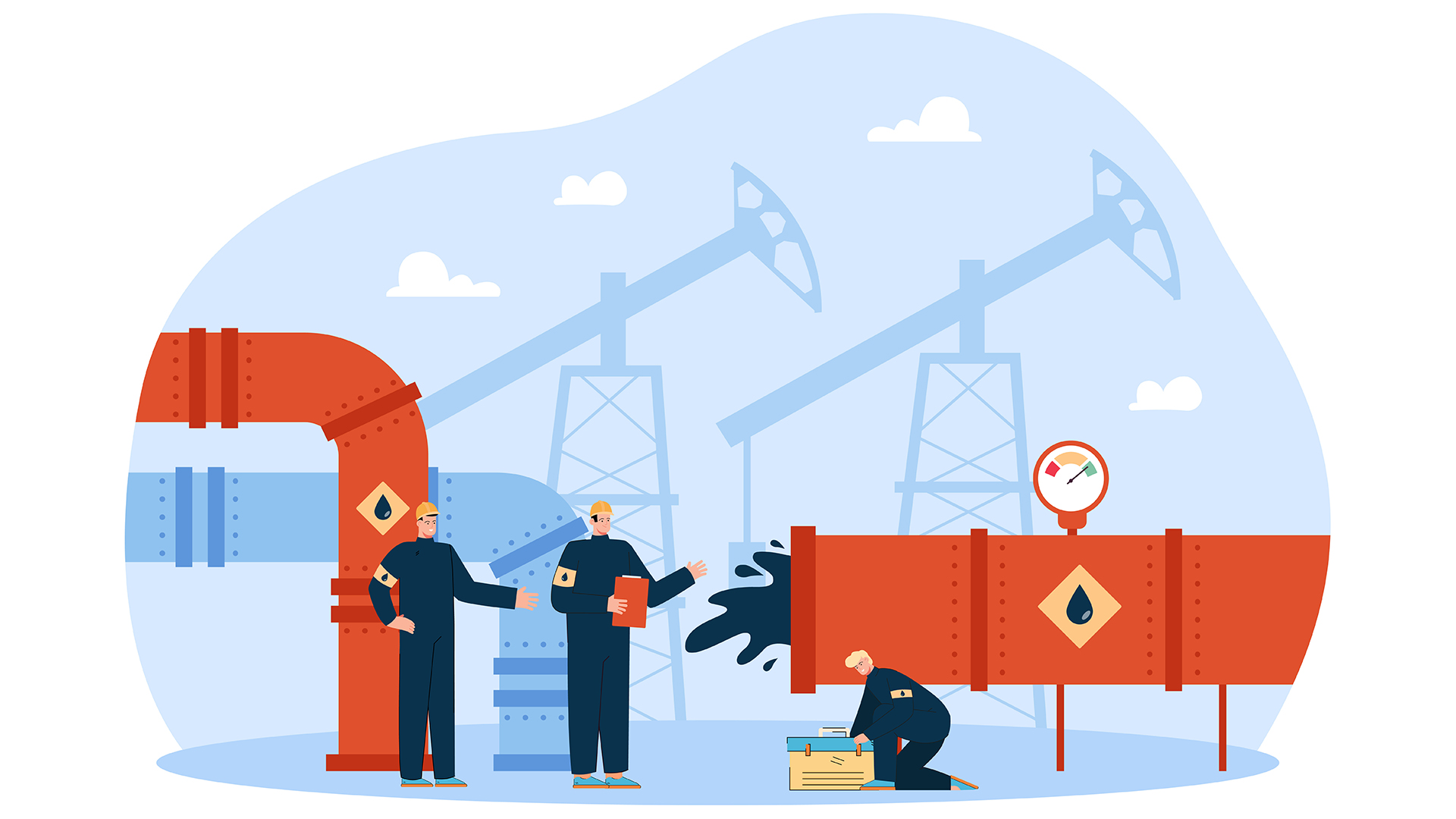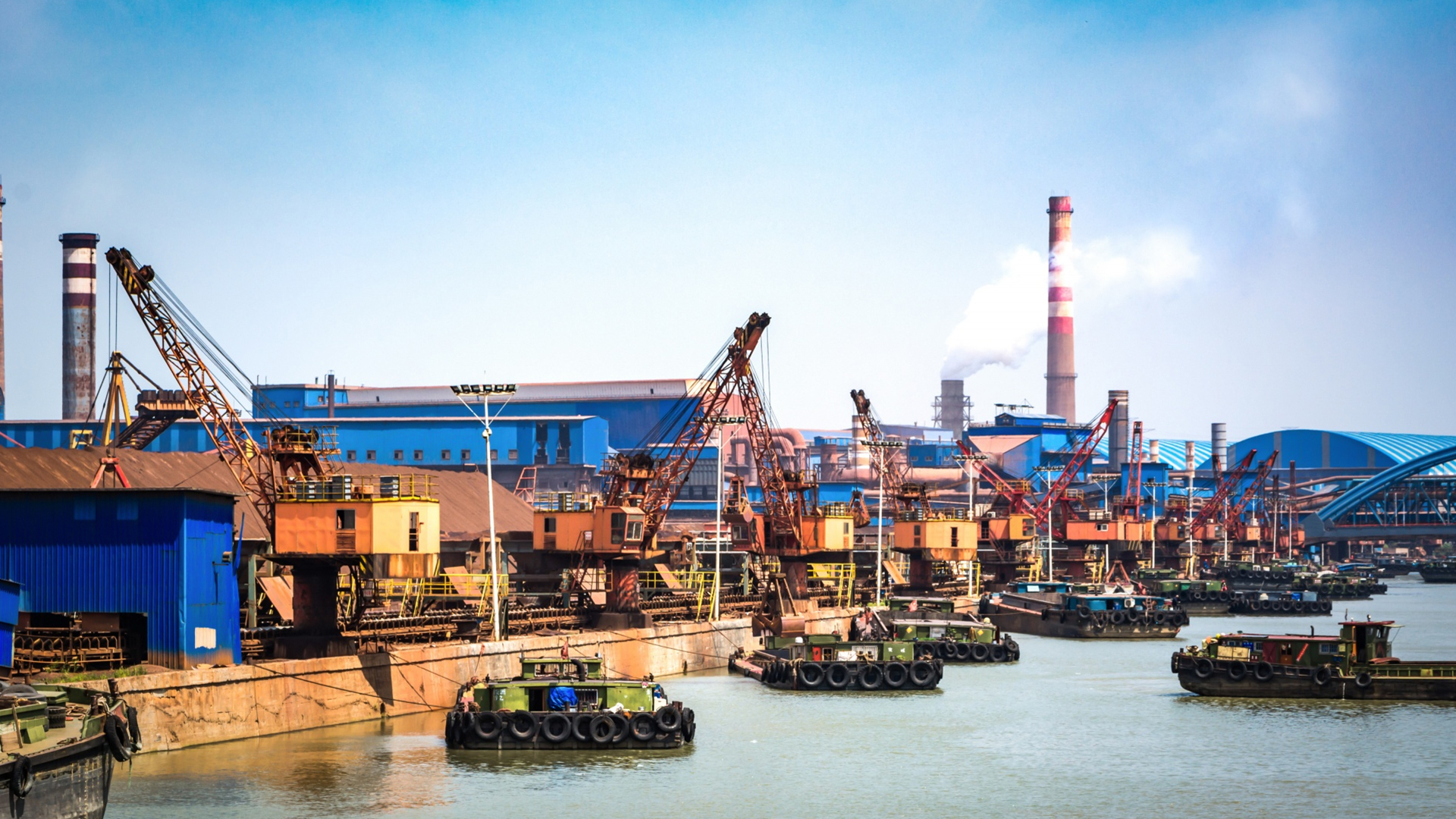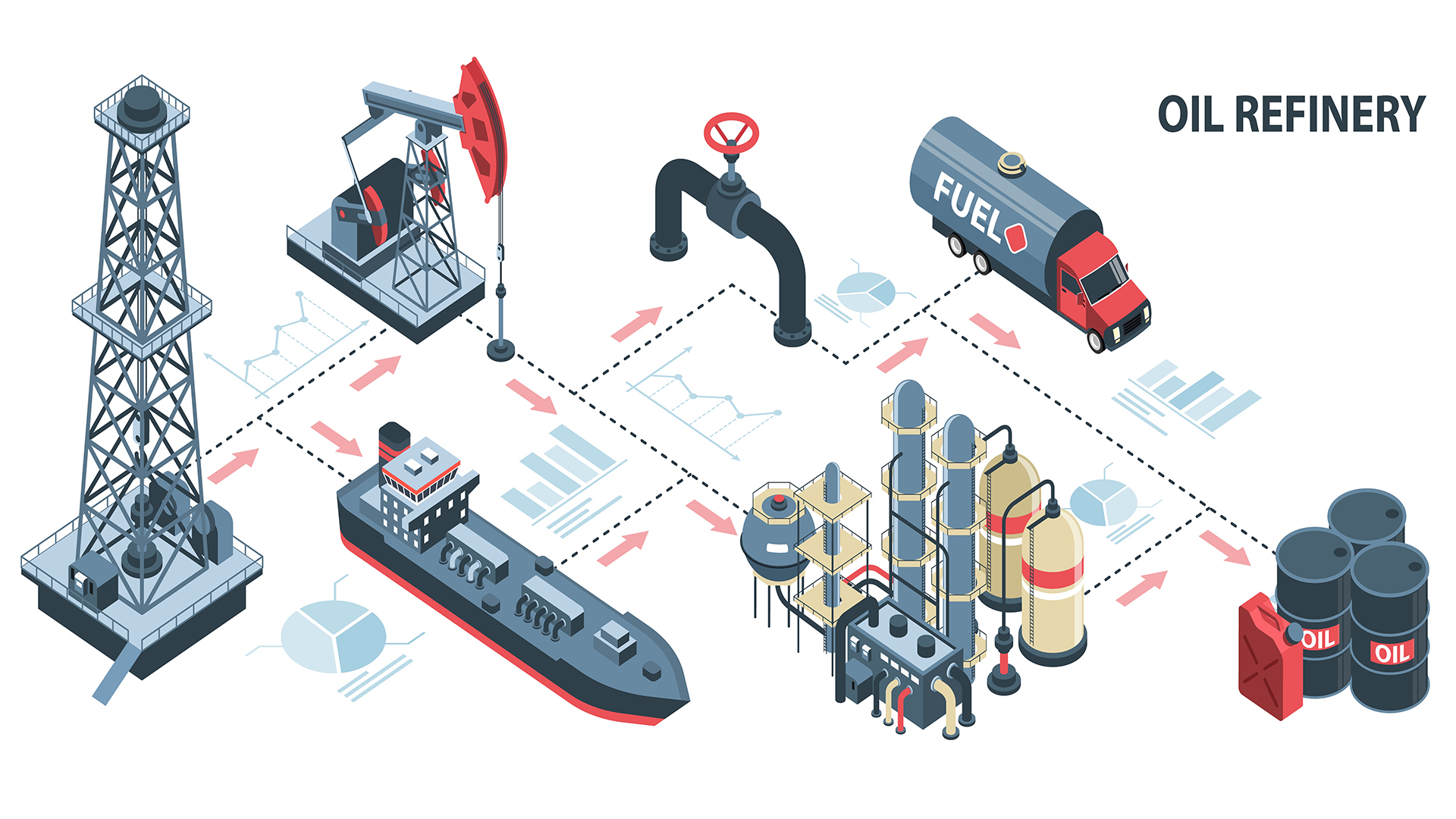
MBA Fundamentals: Master The Dynamics Of The LNG Industry
Course overview
How does the LNG sector operate?
As the globe moves toward cleaner and less dangerous energy sources, the demand for liquefied natural gas (LNG) is rising steadily in many regions of the world.
Although conventional gas resources are still available, it is getting harder to access their places. In recent years, more offshore gas resources have been discovered and developed.
Describe the LNG value chain.
Since there is a clear need for it, and since the LNG business has potential and a bright future, the LNG supply chain is expanding. Over the past 20 years, LNG trade has increased by four times, and it is expected to double over the next 20 years. Due to its relative affordability and fewer emissions during production and combustion, major LNG exporters including Australia, Qatar, the United States, and others have determined that it has a more promising future than conventional fossil fuels.
Participants will acquire the most cutting-edge skills and information necessary to comprehend the science behind LNG industry dynamics and basics after taking this Training Bee training course. We use up-to-date theoretical knowledge and real-world case studies in our training. It will enable you to hold high and significant roles in a government or multinational company with a lot of room for advancement. Additionally, it will improve your chances of finding better employment outside of your current company.
Introduction
A complete understanding of one of the most dynamic and revolutionary industries in the global energy landscape is what participants will gain from an intensive training on the fundamentals and dynamics of the LNG (Liquefied Natural Gas) industry. With its multiple advantages in terms of environmental effect, supply security, and versatility, LNG has emerged as a key player in supplying the world’s energy needs.
With the knowledge, abilities, and insights gained through this training session, participants will be better prepared to negotiate the complex world of LNG. From the very fundamentals of LNG production to the intricate dynamics of the worldwide LNG market, a wide range of topics are covered.
We are The Training Bee, a global training and education firm providing services in many countries. We are specialized in capacity building and talent development solutions for individuals and organizations, with our highly customized programs and training sessions.
With the knowledge and insights gained from this comprehensive training course, participants will be better equipped to succeed in the LNG sector. This course will give you a useful toolkit for success in the dynamic world of LNG, whether you are an industry veteran wishing to deepen your knowledge or a novice searching for a solid understanding.
Learning Objectives
Upon completing Mini MBA: Fundamentals and Dynamics of the LNG Industry, participants will be able to:
- The most recent price developments and market developments for LNG
- Give the foundational information needed to comprehend the LNG industry.
- The skill involved in handling the machinery used to extract, handle, and store LNG reserves
- Modern methods and technology advancements that are gaining popularity and extensive application
- In-depth understanding of the geophysics and techniques used to locate LNG deposits
- Using simulation tools and algorithms effectively Understanding the changing dynamics of the gas sector and its critical necessity
- Understanding international law as it relates to undersea natural resource exploration
Our Unique Training Methodology
This interactive course comprises the following training methods:
- Journaling – This consists of setting a timer and letting your thoughts flow, unedited and unscripted recording events, ideas, and thoughts over a while, related to the topic.
- Social learning – Information and expertise exchanged amongst peers via computer-based technologies and interactive conversations including Blogging, instant messaging, and forums for debate in groups.
- Project-based learning
- Mind mapping and brainstorming – A session will be carried out between participants to uncover unique ideas, thoughts, and opinions having a quality discussion.
- Interactive sessions – The course will use informative lectures to introduce key concepts and theories related to the topic.
- Presentations – Participants will be presented with multimedia tools such as videos and graphics to enhance learning. These will be delivered engagingly and interactively.
Training Medium
This Mini MBA: Fundamentals and Dynamics of the LNG Industry training is designed in a way that it can be delivered face-to-face and virtually.
Course Duration
This training is versatile in its delivery. The training can be delivered as a full-fledged 40-hour training program or a 15- hours crash course covering 5 hours of content each day over 3 days
Pre-course Assessment
Before you enroll in this course all we wanted to know is your exact mindset and your way of thinking.
For that, we have designed this questionnaire attached below.
- What does the abbreviation “LNG” stand for, and what is the liquefaction of natural gas?
- List a few of the essential elements that make up the LNG supply chain from production to consumption.
- What are the main benefits of using LNG as a source of fuel for power production and transportation?
- Can you name a few of the key players who dominate the LNG market globally, both in terms of production and consumption?
- Describe the environmental issues the LNG business is facing and any actions taken to address them.
- Discuss how LNG pricing mechanisms might affect market dynamics and define the idea of LNG pricing mechanisms.
Course Modules
This Mini MBA: Fundamentals and Dynamics of the LNG Industry covers the following topics for understanding the essentials of the Agile Workplace:
Module 1 – Basics of the LNG sector
- Reserves investigation
- World outlook
- Shipping
- Both export and import
- Price and value factors
- Stakeholders
- Prospects for the LNG sector in the future
Module 2 – Both creation and production
- Investigation of the manufacturing process
- Global production
- LNG procedure of conditioning
- Gas sales
- Gas requirements
- Global marketplaces
- Global production
Module 3 – Logistics and storage
- Tank storage system.
- Compression.
- Rejection of nitrogen process.
- System of gas pipelines.
- LNG transportation.
- Countries that export and import.
Module 4 – Business-wise, LNG
- Trade in LNG
- LNG standards
- Market organization
- Economics of manufacturing facilities
- Supply and demand
- Risk evaluation Value estimation
Module 5 – LNG Freight
- Operations at terminals
- Transfers of cargo
- Transferring ships
- Loading techniques
- Procedures before and after loading
- Operation both before and after arrival
Module 6 – Management and finance
- Management of LNG Plant
- Project administration
- Conflict avoidance and settlement
- LNG buildings’ viability for commerce
- Finances and financing mechanisms
Module 7 – LNG characteristics
- Termination Rules
- Transportation laws
- Shipping agreements
- Regulations and the effects on the environment
- Export and import regulations
- Agreements in the upstream and downstream
- Code ISM
Post-course Assessment
Participants need to complete an assessment post-course completion so our mentors will get to know their understanding of the course. A mentor will also have interrogative conversations with participants and provide valuable feedback.
- Describe the steps necessary to produce LNG, from obtaining the natural gas to liquefaction.
- Identify the key elements of the LNG supply chain and their functions within the sector.
- What are the main advantages and disadvantages of using LNG as a fuel source in terms of the environment, and how can these be resolved?
- Give a general overview of the pricing practices utilized often in the LNG sector and how they affect market dynamics.
- Describe the safety precautions and rules that apply to the handling and delivery of LNG and how they help to ensure safe operations.
- List the top producers and consumers of LNG worldwide, along with an explanation of each company’s position in the market.
Lessons Learned
Complete awareness of LNG: Participants should have a thorough awareness of the whole LNG supply chain, including the liquefaction process, transportation, storage, and regasification, from production to consumption.
Environmental Considerations: Participants now need to be aware of LNG’s role in decreasing greenhouse gas emissions as well as the environmental difficulties and rewards that come with it. They also need to understand the significance of environmentally sound business practices.
Safety and Regulations: Participants should have gained a thorough awareness of the safety precautions and laws governing LNG handling and transportation in order to ensure safe operations.
Participants should be knowledgeable on the LNG industry’s pricing structures and market dynamics, particularly how factors like supply and demand and geopolitics affect prices.
Global participants and Geopolitical Influences: They should be familiar with the key participants in the global LNG market and the geopolitical influences that can affect it, including as trade agreements, sanctions, and regional rivalry.
Emerging Trends and problems: Being aware of the potential and problems presented by emerging trends in the LNG business, such as the development of small-scale LNG and the use of LNG as a transportation fuel.
Understanding LNG’s position in the larger energy system, including its ability to close the gap between conventional fossil fuels and renewable energy sources, is important.







